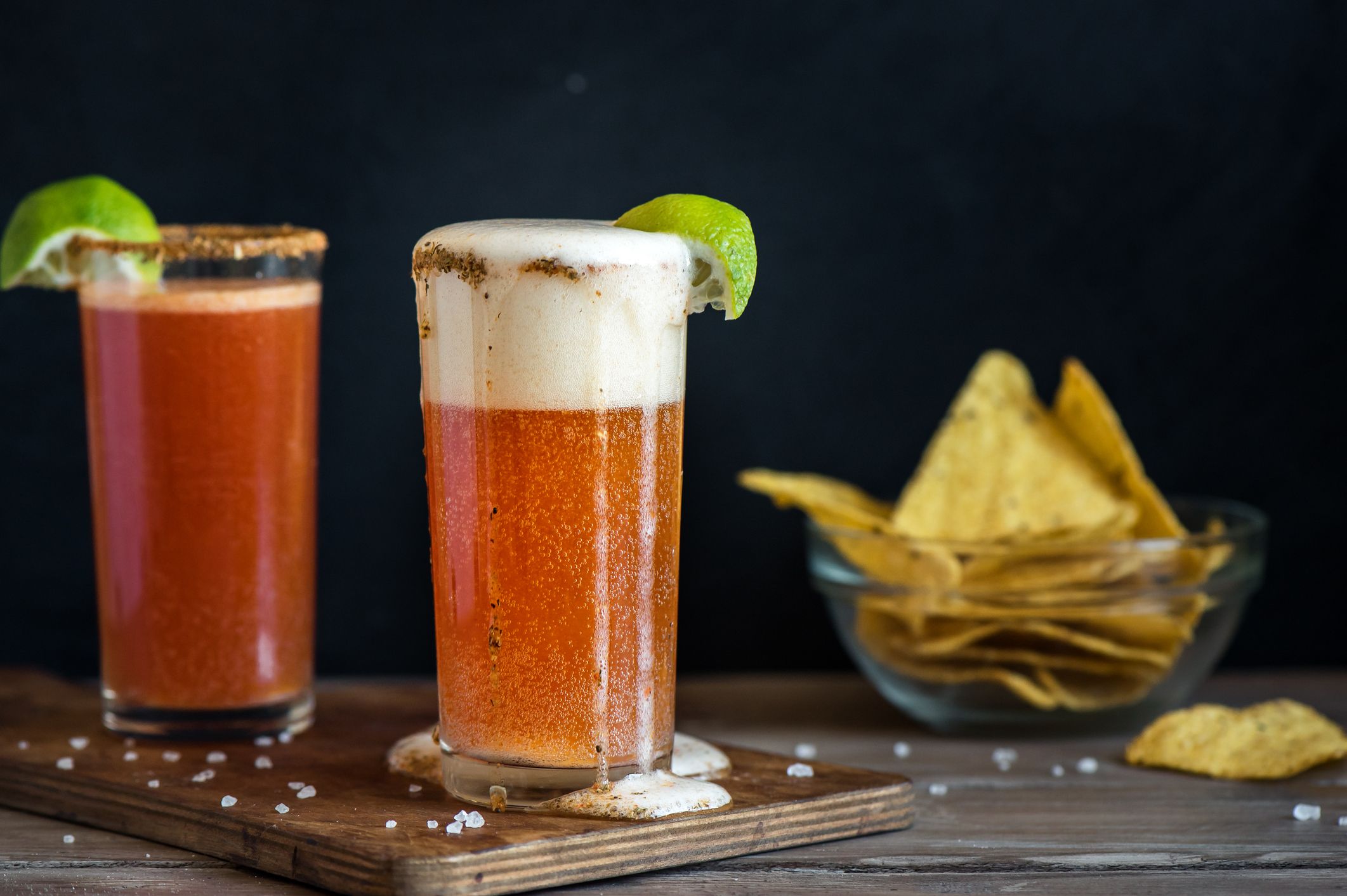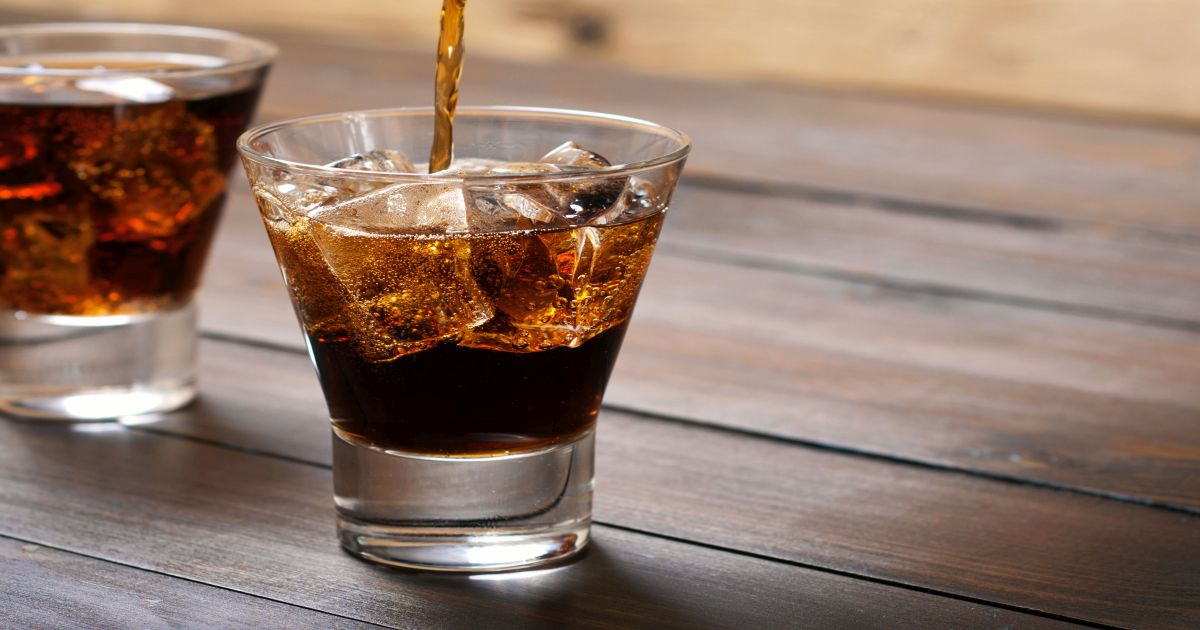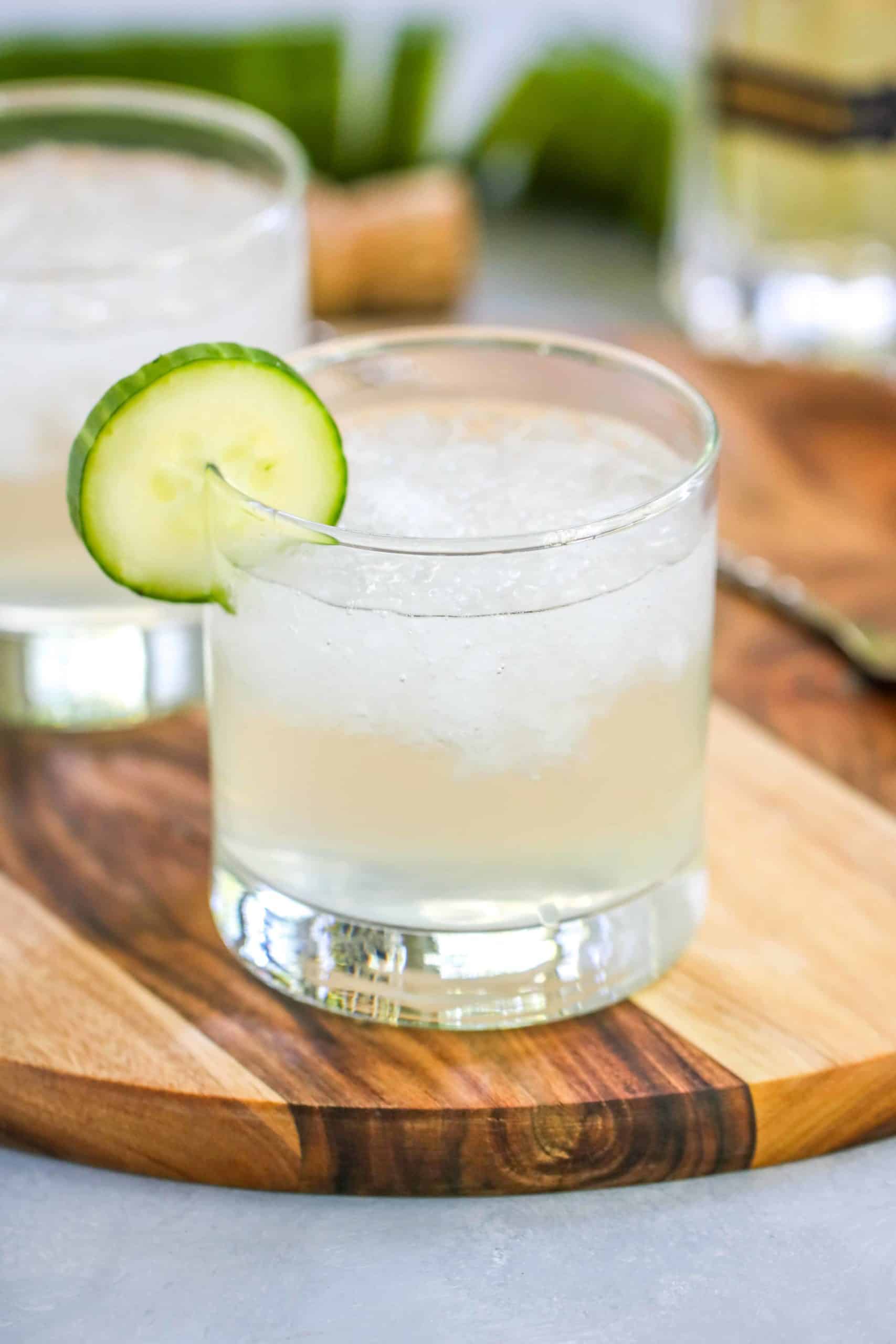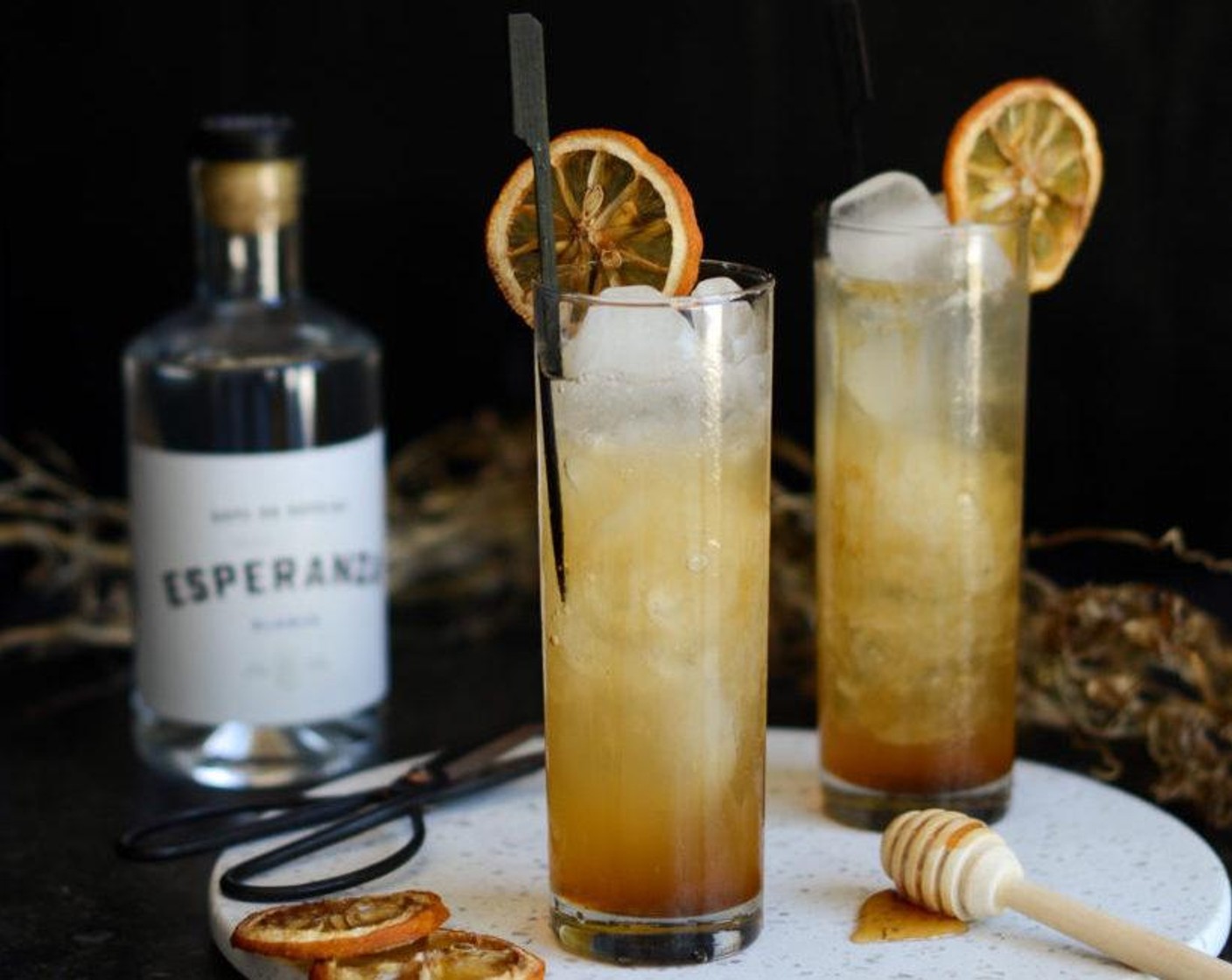Who could blame you: South African wine country, a fertile area located primarily around Cape Town, is not only visually spectacular but is also quickly bolstering its winemaking reputation, which includes its own varietal, Pinotage. But try as he might, man cannot live on wine alone, and the rich soil and terroir of South Africa refuse to be singularly defined. Here are some of the other finest cocktails in Cape town that are alcoholic and some don’t play a part in South African culture, plus where you can find them in Cape Town. Drink them in good health.
1. Beer-:
South Africans have always been huge on beer, even before pints became a way of life for the Springbok-loving rugby set.
Sorghum beers—made from sorghum, maize, maize malt, yeast, and water—have traditionally been brewed and eaten in traditional rituals by the local Sotho, Zulu, and Xhosa tribes, for example. While South African Breweries is the country’s largest beer manufacturer, with brands including Castle and Carling, the country has also seen the emergence of over three dozen microbreweries in recent years. The annual Cape Town Festival of Beer, which features over 200 local and foreign craft beers, brewing demos, and beer tours, takes place in the fall.

Stop by the Beerhouse on Long at any other time of year for an extensive selection of local and foreign brews—99 bottles on the wall, to be exact—plus twenty-five beers on tap, as well as a food menu, meant to soak up the damage, which includes South Africa’s famed “rabbit chow.” Visit Devil’s Peak Brewing Company for an immersive experience, where the beer is made in-house and tours are offered.
The Taproom, the brewery’s restaurant, goes all out, providing hops-laced delicacies like a Wood head Amber Ale-infused pulled pork sandwich, which can be savored while looking out over the famous Devil’s Peak.
2. Brandy and Coke-:
Brandy and Coke are likely the second most popular drink in South Africa, behind the beer. The brand is important if you’re going to participate in the ritual.

While there are many good brandies to select from—try self-styling a trip along the Western Cape Brandy Route—South Africans prefer the rougher Klipdrift, ordering the “Klippie and Coke” colloquially. Locals call this concoction “karate water” because of the movements you’ll try after downing a couple. Order it everywhere beverages are offered or rugby is being watched with zeal.
3. Gin-:
During the British colonial period, troops drank tonic water to protect themselves against malaria, and gin is supposed to have found its way down to South Africa. Because the quinine was too bitter to drink pure, they mixed it with a large amount of gin.
As a result, a gin-and-tonic culture arose, and today, South Africa is home to a number of distilleries producing gins such as Old Buck, Jorgenson’s, the fragrant Musgrave’s, and the famous Invarrosche, which comes in three flavors, including gorgeous fynbos-infused amber (fynbos is an indigenous plant found in the Western Cape).

In Cape Town, it’s simple to locate a gin and tonic, but if you want more choice, go to Mother’s Ruin on Bree Street, a specialty bar with over 150 gins, eight or more tonics, and approximately fifteen different sorts of garnishes to mix and match to your heart’s delight. The Gin Bar, which is located beneath Honest Chocolate Café and is frequently referred to as the “Secret Gin Bar” due to its position, is another favorite.
4. Amarula-:
Amarula Cream Liqueur is a delectable combination of marula fruit tastes such as chocolate, caramel, and a hint of butterscotch. Untamed by man, a tree grows on the open plains of the African veld. The exotic fruit of the Marula Tree is at the core of Amarula Cream, a beautiful combination of fresh cream and distilled Marula fruit. A cocktail with a unique, lively, and elegant flavor.
Images of purportedly tipsy elephants, shaky on their feet after swallowing the fermented fruit of the tall, green Sub-Saharan marula tree, are circulating on the Internet. The myth of the inebriated elephant has been refuted by scientists, yet we may still anthropomorphize to our hearts’ delight.

Alternatively, try Amarula, a sweet and peppery cream liqueur created from the fruit of the tree, which is hand-harvested before being double-distilled in wood barrels. Amarula, a South African favorite since 1989, is even utilized in the patriotic Springbokkie shot, which consists of a layer of crème de menthe and a coating of Amarula to replicate the green and gold colors of South African rugby (The South African rugby team is called the Springboks after the indigenous antelope-gazelle).
It’s a popular cocktail that’s not always easy to find on menus, so don’t be hesitant to ask for it somewhere that sells great beverages. The Odyssey Gastropub, the first of its type in Cape Town, is an excellent place to start, with a locally produced food menu, a TV showing those rugby games, and weekly live music.
5. Rock Shandy-:
The simple mixture of lemonade (or lime juice), soda (or sparkling) water, and a sprinkle of Angostura bitters was a delightful way to combat the heat in colonial times. Chef’s Warehouse and Canteen, a famous tapas restaurant in Cape Town, serves a thirst-quenching version in a tall glass.

Sit outdoors for a view of busy Bree Street. Fanta rock shandy has a flavor of icing sugar and melancholy. It’s possible that the cause for this is due to the components… “Carrot, pumpkin, and blackcurrant are among the ingredients.’’
6. Rooibos-:
The “red bush,” also known as Rooibos, is a rare plant found in the Western Cape of South Africa. It is typically made into a moderate, non-caffeinated tea that is strong in antioxidants and used for its health benefits. Visit the Myatt Café and Chocolatier on the V&A Waterfront to sample the super brew, which includes straight, organic rooibos and flavored varieties, as well as a choice of delectable cakes and pastries.

Make an appointment at the popular speakeasy-Esque Orphanage Cocktail Emporium and order the More Tea Vicar, which combines vanilla vodka, rooibos syrup, cranberry, and lemon and is served in a lovely, flower-patterned teacup with a rooibos-lemon jelly. This purchase can make you happy in a variety of ways: The proceeds go to the St. Francis Children’s Home, which was founded in 1919 as an orphanage and is also the name of the bar.
Also Read: 7 Famous drinks of Goa.





